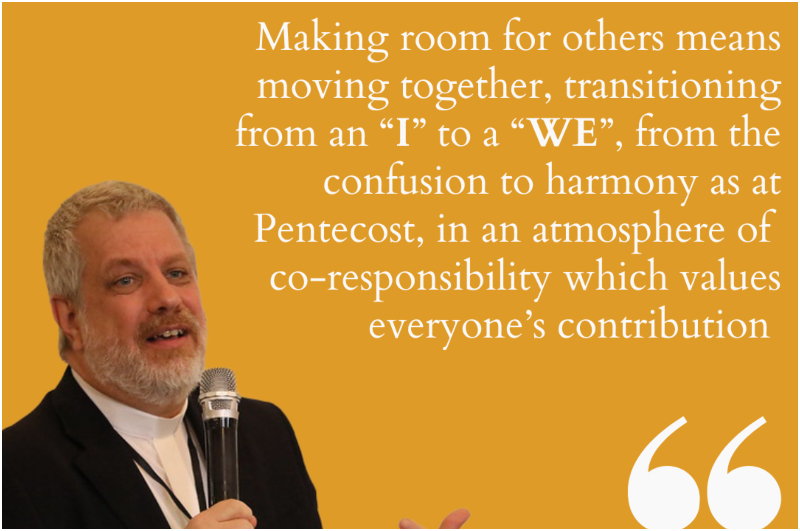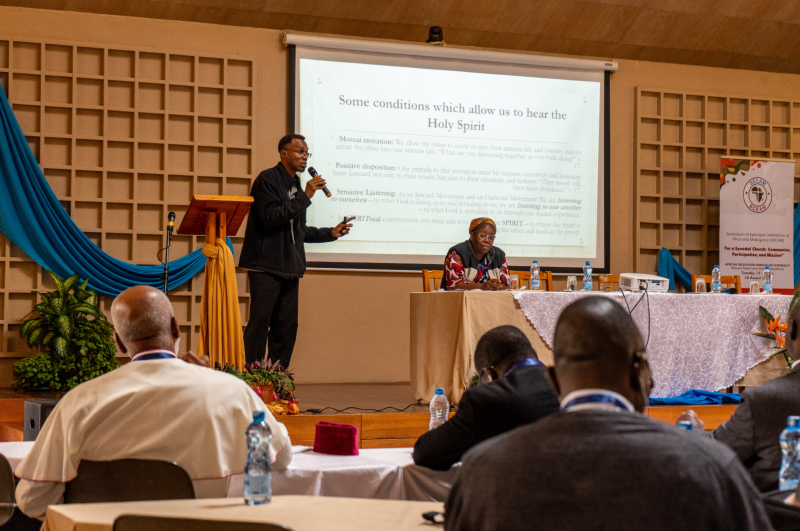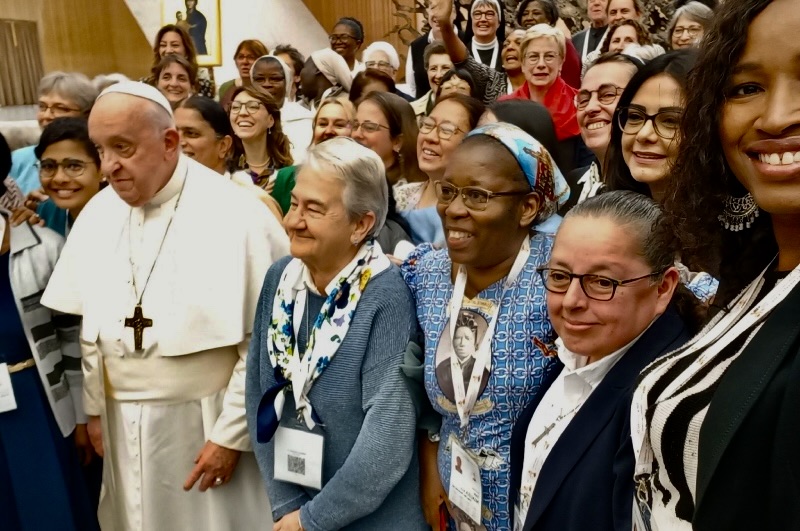

As the Synod on Synodality concluded, the historic gathering left the Church with fresh insights and renewed perspectives on its global mission.
In an interview with The Tablet Fr. Agbonkhianmeghe E. Orobator, SJ, shares nine takeaways from this unprecedented global ecclesial moment. [To Read the Original Interview Click Here]
1. Synodality is Rooted in Vatican II with Fresh Elements
The Synod’s Final Document underscores Vatican II as the foundation of synodality, viewed as a maturation of the Council’s vision. Synodality emphasizes essential principles such as the dignity of Baptism, the Church as the People of God, and the shared authority of bishops and laypeople. It introduces new dimensions like co-responsibility among all baptized members, emphasizing relationships, discernment, and spiritual depth as pillars of Church life and mission.
2. Synodality Mirrors the Church’s Global Diversity
The Synod showcased the remarkable cultural diversity within the Catholic Church, reflecting a mosaic of expressions, attire, and ideas from around the world. This global identity shapes synodality, which is culturally rooted and context-specific. Rather than a single, uniform approach, the Synod highlights the concept of "synodalities"—ways that local Churches may embody synodality in culturally unique forms, generating both tension and creative learning opportunities across different regions.
3. Listening and Learning are Core to Synodality
Pope Francis has described synodality as the path for the Church in the third millennium, emphasizing that a synodal Church is one that truly listens. Mutual listening, however, involves challenges, including frustration and misunderstandings. True synodal learning calls for conversion and a shift in mindset, recognizing that while the Synod is complete, the Church’s journey of synodal understanding continues.
4. Unresolved Issues Will Continue to Be Debated
Many contentious topics remain, with the Pope assigning ten specific issues to special study groups for thorough investigation. While synodal discussions have explored diverse perspectives, the journey to consensus on complex issues will require time, patience, and further synods, particularly as some topics, like polygamy in Africa, present unique challenges.
5. Synodality Calls for Action, Not Just Dialogue
Synodality should not end with discussions but inspire concrete actions that serve the Church's mission. Without a clear vision and purpose, the dialogue can feel incomplete. Synodality must embody missionary zeal and move the Church beyond conversation, compelling it toward practical and transformative steps.
6. Shaping, Not Rebuilding, the Church
Rather than creating a new Church, synodality offers tools for reshaping and refining it. The existing structures and values of the Church serve as the foundation for change, with different talents coming together to build a renewed ecclesial community. This reconstruction calls for coordination, prayer, and the unique gifts of each member to avoid disunity.
7. Synodality Has Its Limits
While synodality is a guiding principle, it cannot serve as a catch-all concept. The term has been applied to various elements—from synodal gatherings to discussions and practices—but it must retain a clear focus. Synodality, though vital, is not a solution for every issue, and its application requires discernment to avoid diluting its true meaning.
8. Synodality is a Continuous Journey, Not a Single Event
Unlike the periodic gatherings of bishops, synodality calls for a continuous engagement in listening and dialogue. This shared journey involves the entire People of God, allowing the Church to “make the path by walking it together.” Synodality envisions a long-term transformation that renews the Church’s mission and strengthens its prophetic role in the world.
9. Listening to Women is Essential to Synodality
A significant takeaway from the Synod was the affirmation of women’s voices. The Synod highlighted the Church’s need to listen to women’s self-definitions, roles, and experiences, recognizing their invaluable contributions to leadership and ministry. True synodality requires discernment with, not about, women, removing barriers to their leadership and promoting an inclusive Church where every gift is celebrated.
In conclusion These nine insights reflect a synodal Church deeply engaged in its mission to listen, learn, and act. As the Synod concludes, it calls Catholics worldwide to continue the journey of synodality—one that unites the global Church and propels it toward a more inclusive and mission-driven future.
For more in-depth analysis and commentary The Tablet Or Vatican News.
For documents on the Synodal Process visit the Synod website {Here}
Related Articles

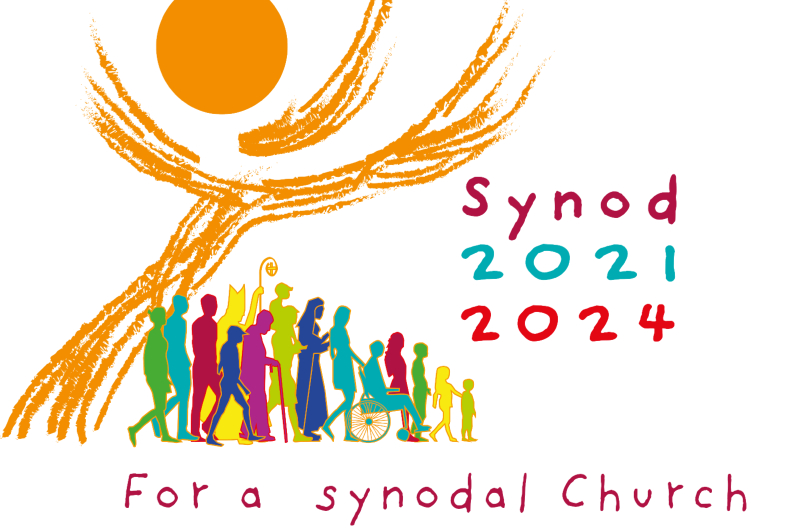
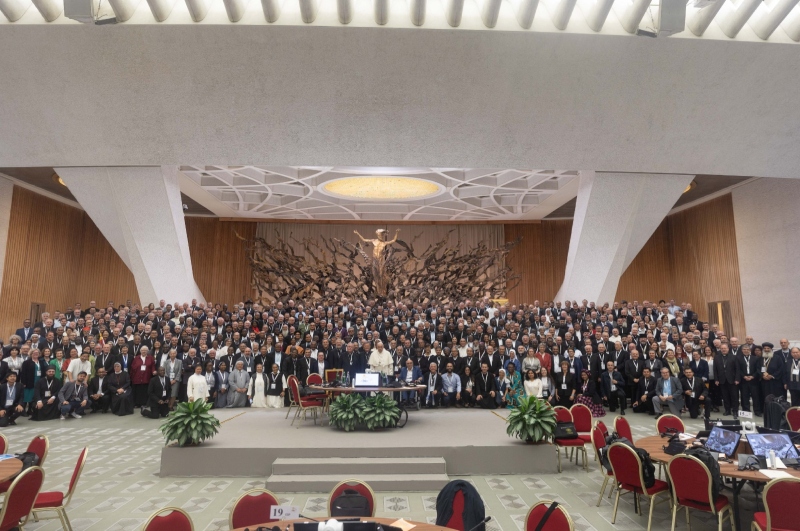
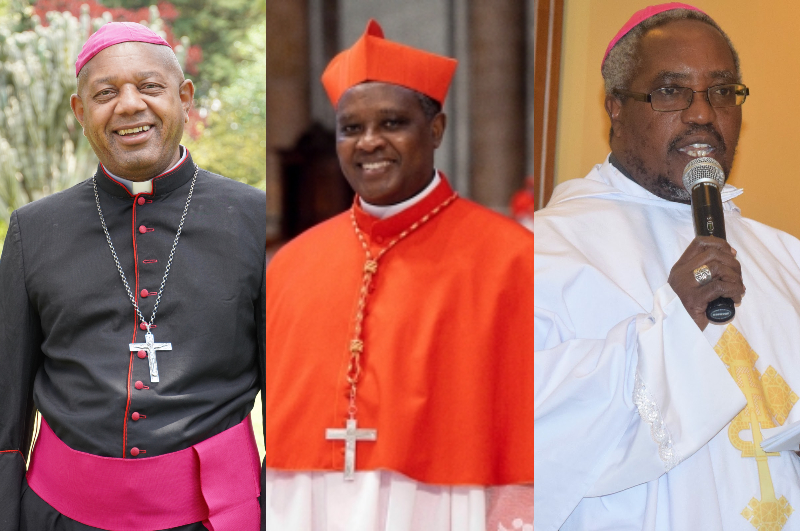
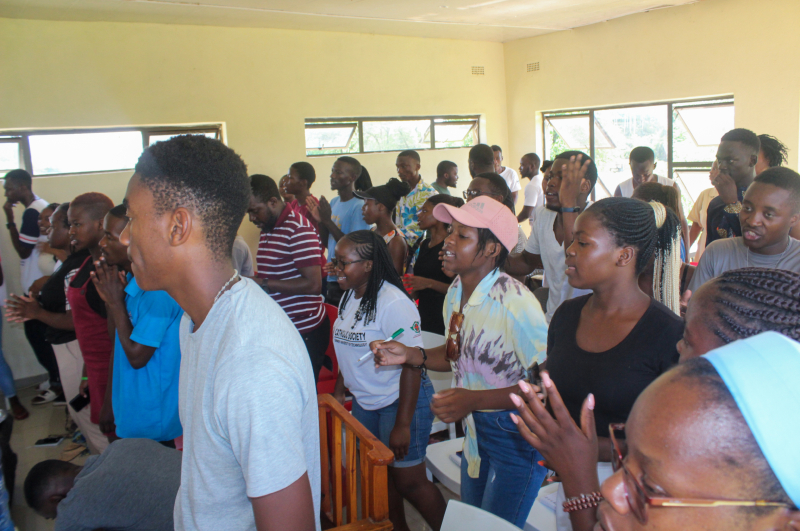
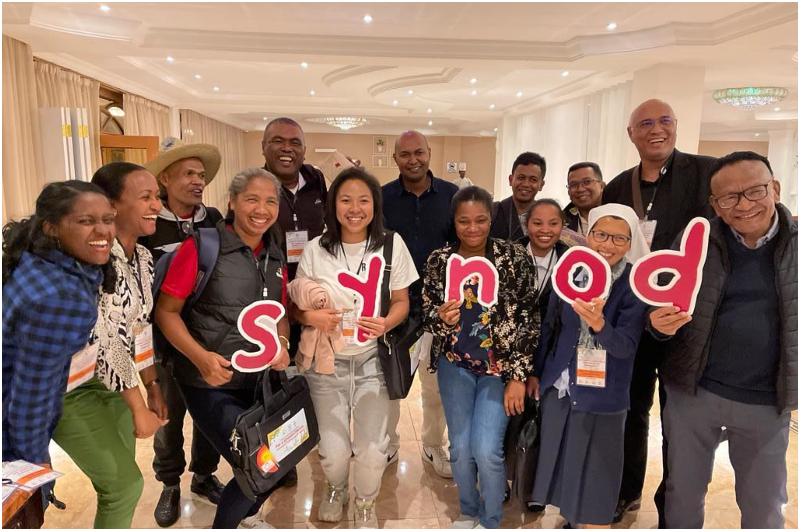
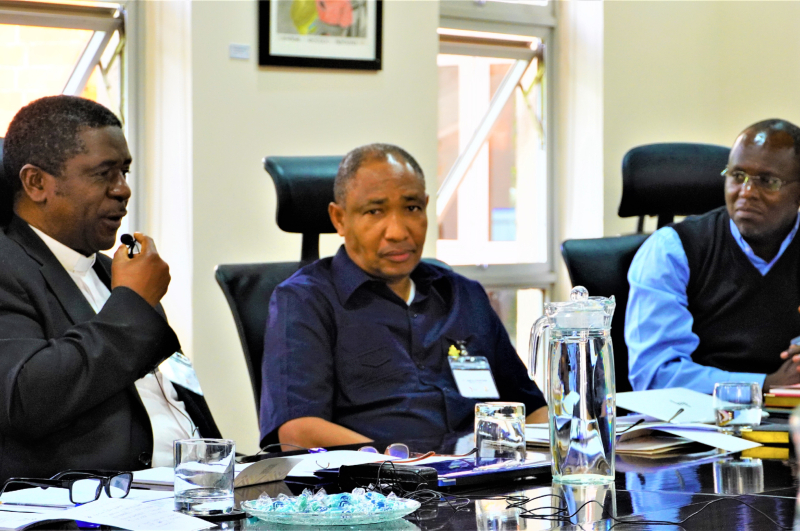
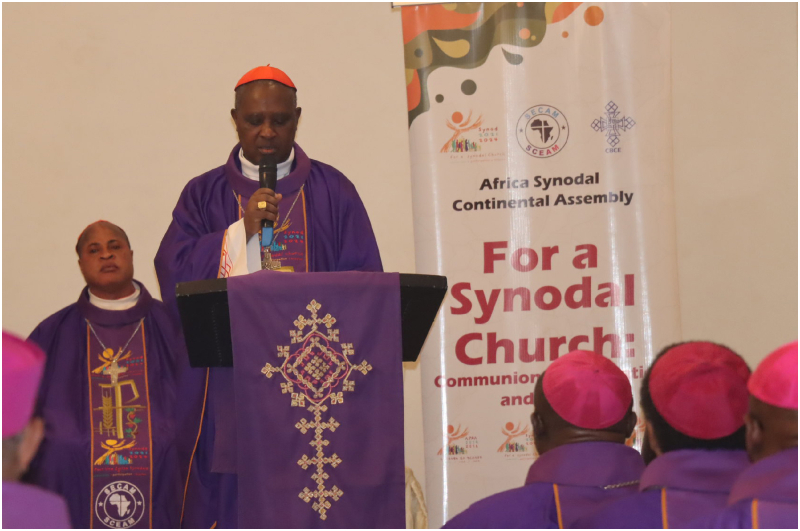
Select Payment Method
Pay by bank transfer
If you wish to make a donation by direct bank transfer please contact Fr Paul Hamill SJ treasurer@jesuits.africa. Fr Paul will get in touch with you about the best method of transfer for you and share account details with you. Donations can be one-off gifts or of any frequency; for example, you might wish to become a regular monthly donor of small amounts; that sort of reliable income can allow for very welcome forward planning in the development of the Society’s works in Africa and Madagascar.
Often it is easier to send a donation to an office within your own country and Fr Paul can advise on how that might be done. In some countries this kind of giving can also be recognised for tax relief and the necessary receipts will be issued.




